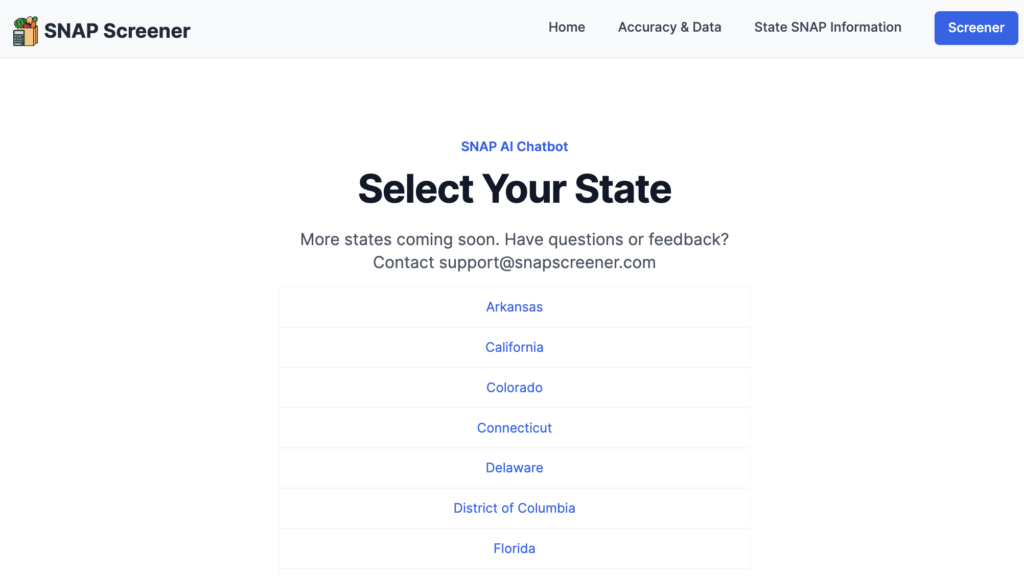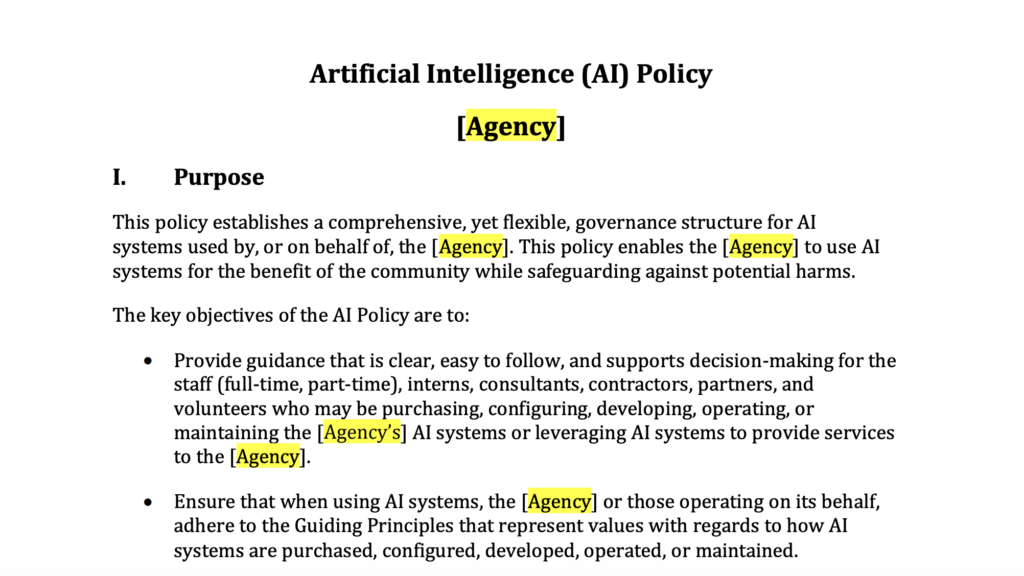Enabling Principles for AI Governance
A report from the Center for Security and Emerging Technology (CSET) discussing enabling principles for artificial intelligence (AI) governance.

The Center for Security and Emerging Technology (CSET) defines principles to support U.S. policymakers in approaching goverming artificial intelligence (AI).
In order for future AI governance efforts to prove most effective, they offer three principles for U.S. policymakers to follow. They have drawn these thematic principles from across CSET’s wide body of original, in-depth research, as well as granular findings and specific recommendations on different aspects of AI, which we cite throughout this report. They are:
These principles are interlinked and self-reinforcing: continually updating the understanding of the AI landscape will help lawmakers remain agile and responsive to the latest advancements, and inform evolving risk calculations and consensus.
Share this Resource:


